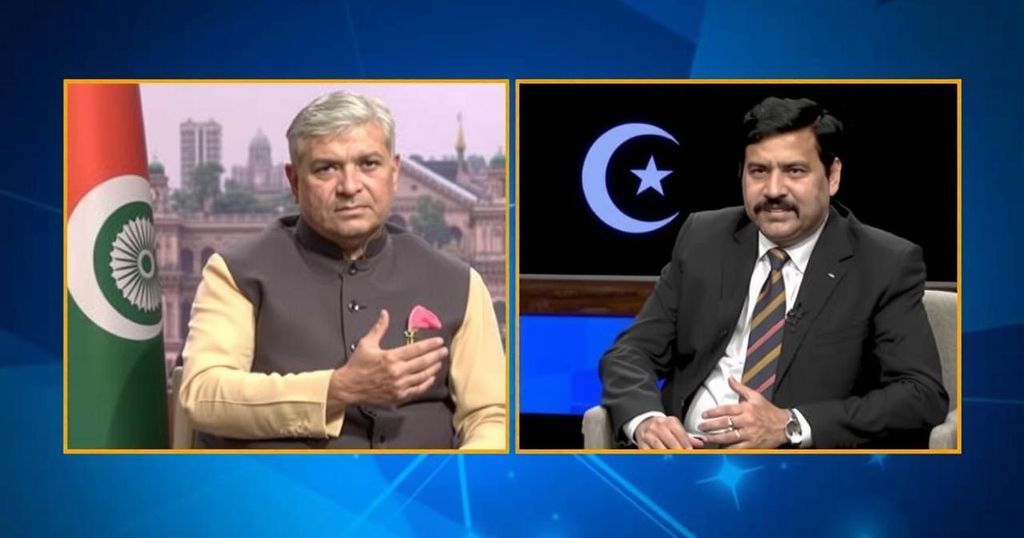The ISI chief’s visit to Tajikistan amid rising tensions along the Afghanistan-Pakistan border indicates a significant shift in regional dynamics. This visit coincides with Pakistan’s growing distance from the Taliban, who once shared amicable ties. Concurrently, India’s diplomatic efforts with the Taliban signal a complex interplay of interests in the area. The situation remains unsettled, posing questions about future relations among these key players.
Tensions have significantly escalated along the border between Afghanistan and Pakistan, prompting a notable visit from the Chief of Pakistan’s Inter-Services Intelligence (ISI) to Tajikistan. This visit reportedly included meetings with resistance fighters who oppose the Taliban. Amid these developments, Pakistan is also contemplating a strategic withdrawal from the Wakhan corridor, which is pivotal for regional trade and security. In a parallel diplomatic effort, India’s Foreign Secretary engaged with Taliban representatives in Dubai, assuring that Afghanistan’s territory would not be used for activities detrimental to India. As border skirmishes continue, the dynamics among regional powers signal a volatile situation. The deteriorating relations between Pakistan and the Taliban raise critical questions about the future of these two entities, which were once allies, now seemingly at odds with one another. This context sets the stage for discussions around the implications of Pakistan’s ISI Chief’s visit to Tajikistan, an event that illustrates the intricate web of regional politics and evolving alliances.
The geopolitical landscape in the region surrounding Afghanistan and Pakistan has become increasingly complex due to the rise of the Taliban and the reconfiguration of alliances. The recent tensions along the Afghanistan-Pakistan border have raised alarms regarding security and territorial integrity among neighboring countries. The visit of the ISI chief to Tajikistan is particularly noteworthy as it underscores Pakistan’s concern over the Taliban’s actions and its attempts to engage with resistance groups opposing the Taliban regime. Meanwhile, India’s proactive stance in engaging with Taliban leaders signifies a strategic move to safeguard its interests in the region, further complicating the interplay of various powers in this historically tumultuous area.
In summary, the recent visit by the ISI chief to Tajikistan amidst rising tensions along the Afghanistan-Pakistan border highlights the shifting relationships among regional powers. As Pakistan reevaluates its stance toward the Taliban and considers its strategic options, India’s diplomatic engagement with Taliban officials demonstrates a proactive approach to its own security concerns. The evolving dynamics suggest a more fragmented and unpredictable regional landscape, with significant ramifications for international relations in South Asia.
Original Source: www.indiatoday.in






